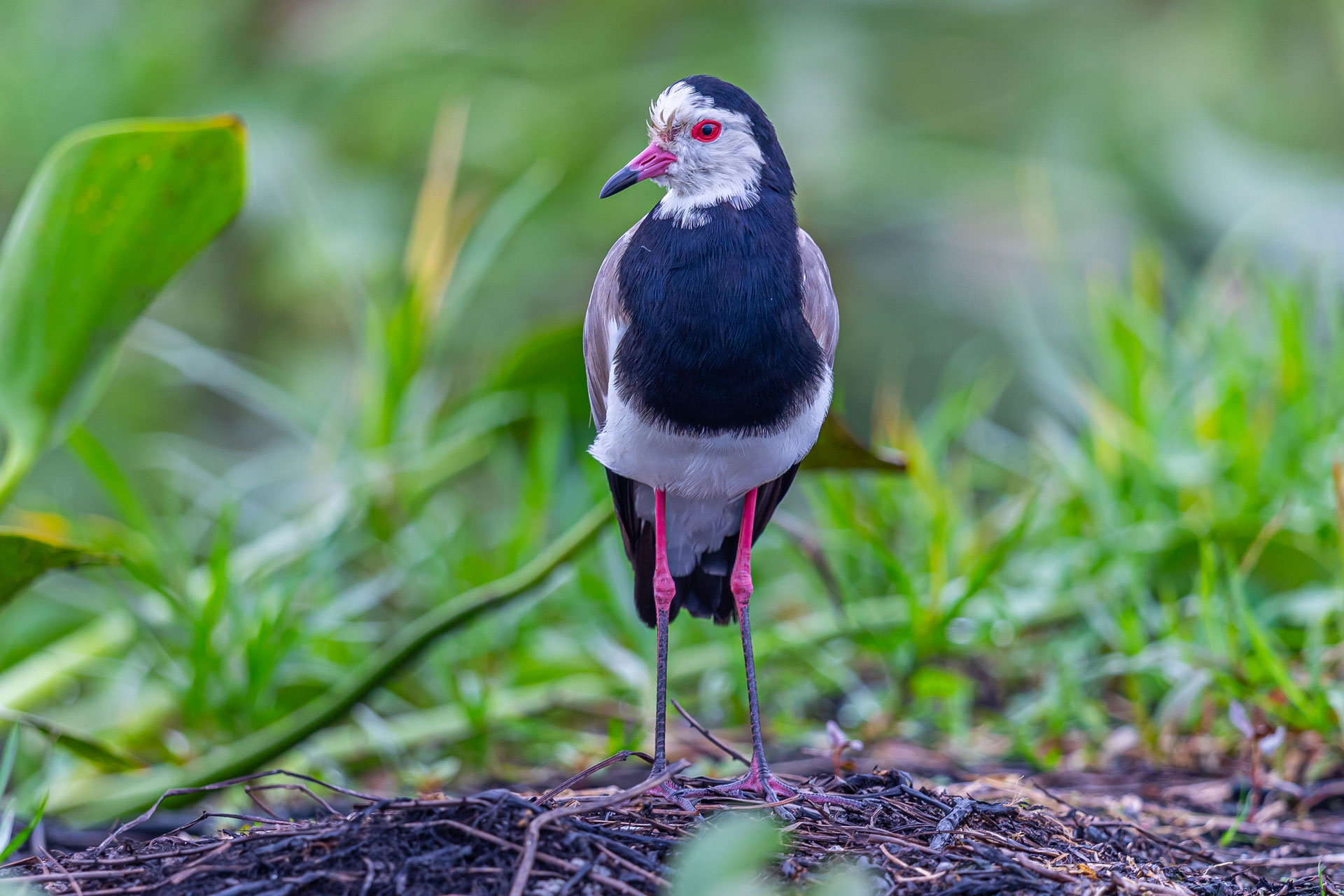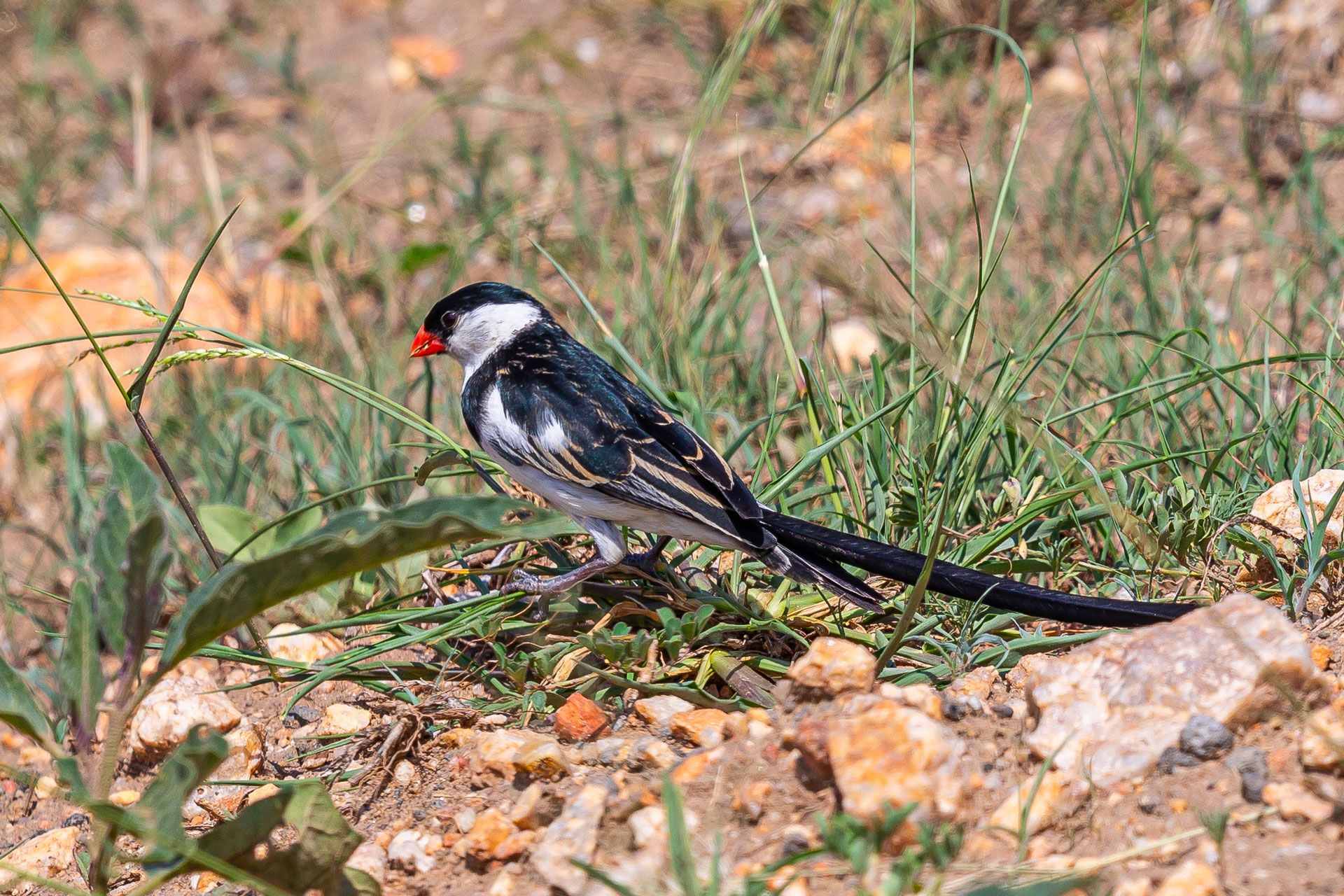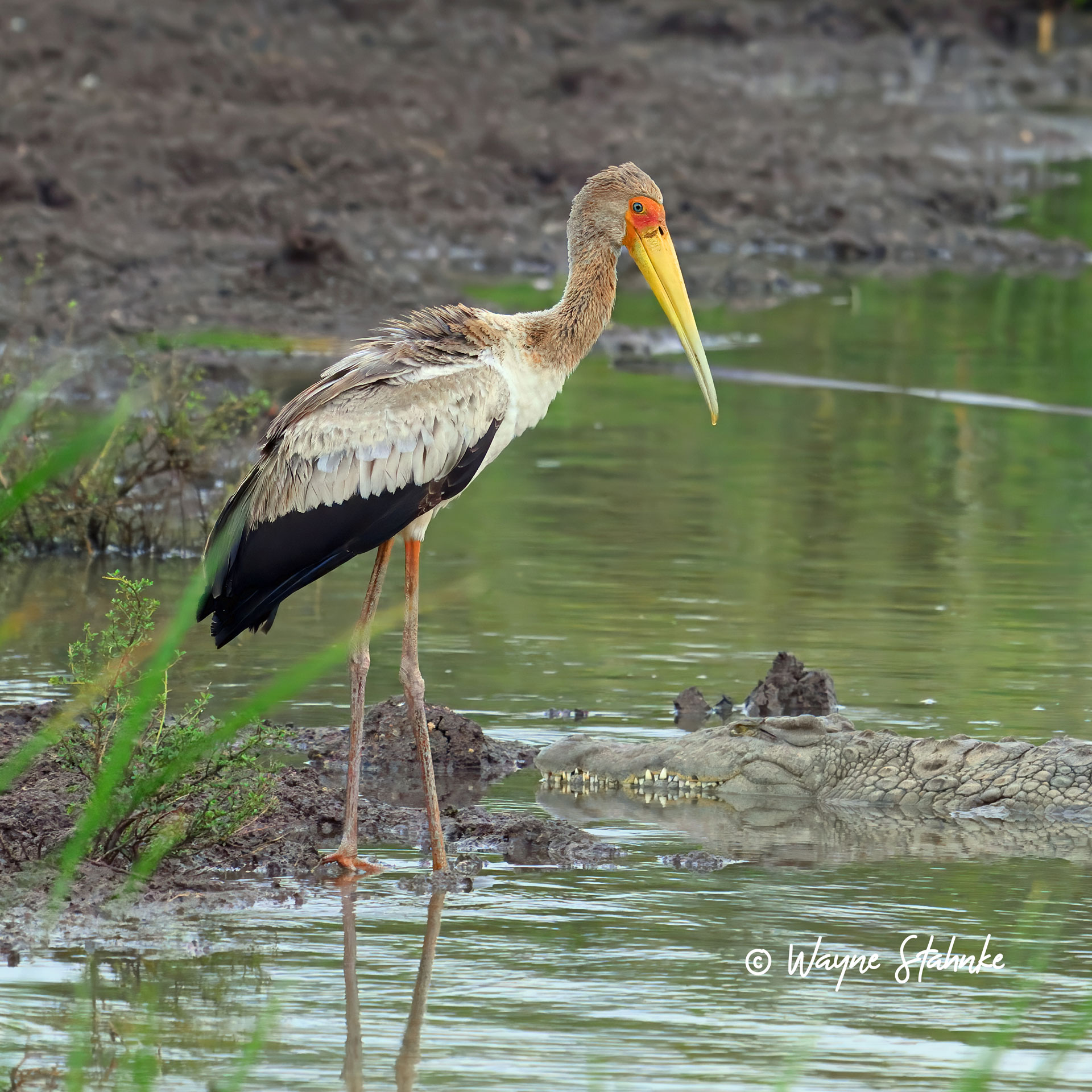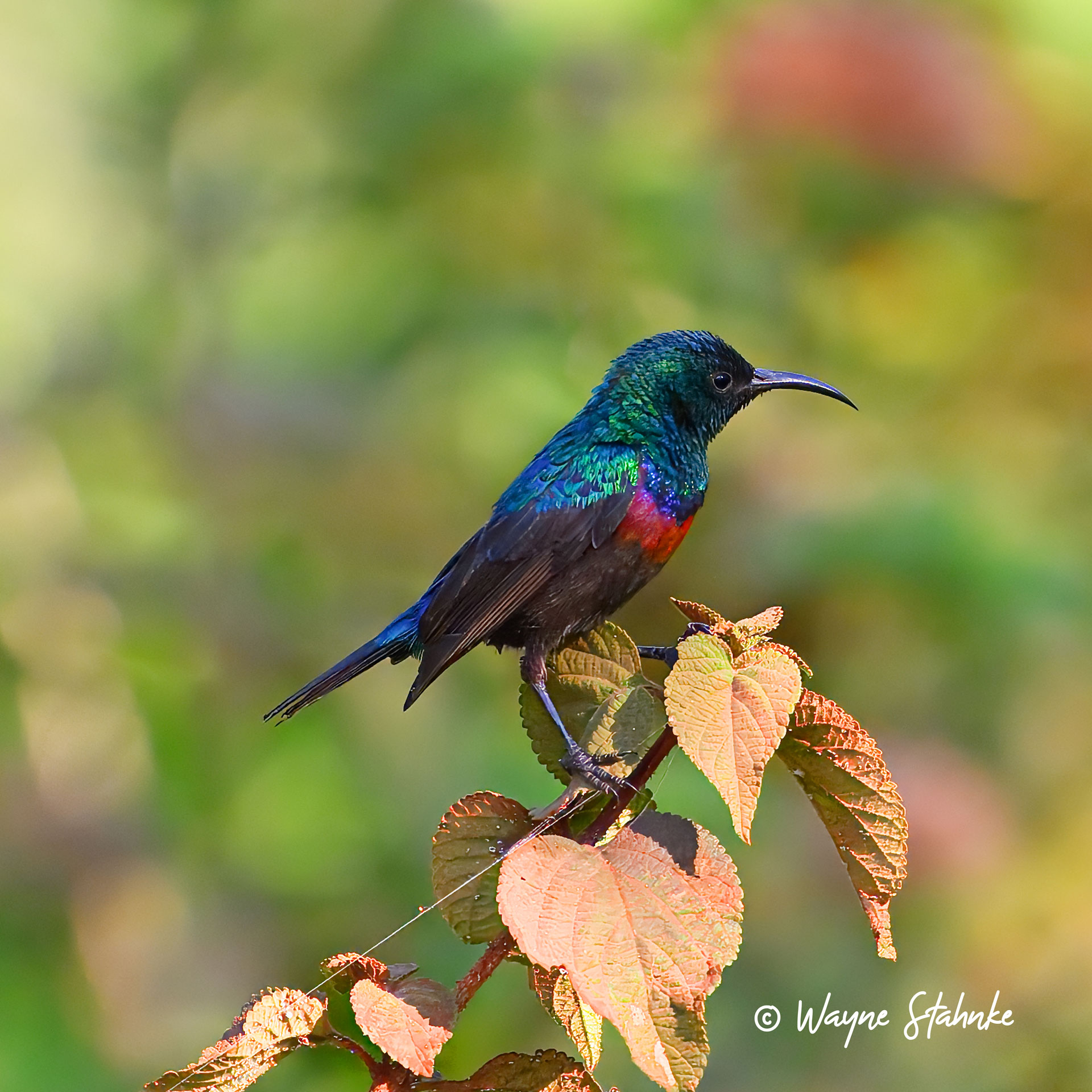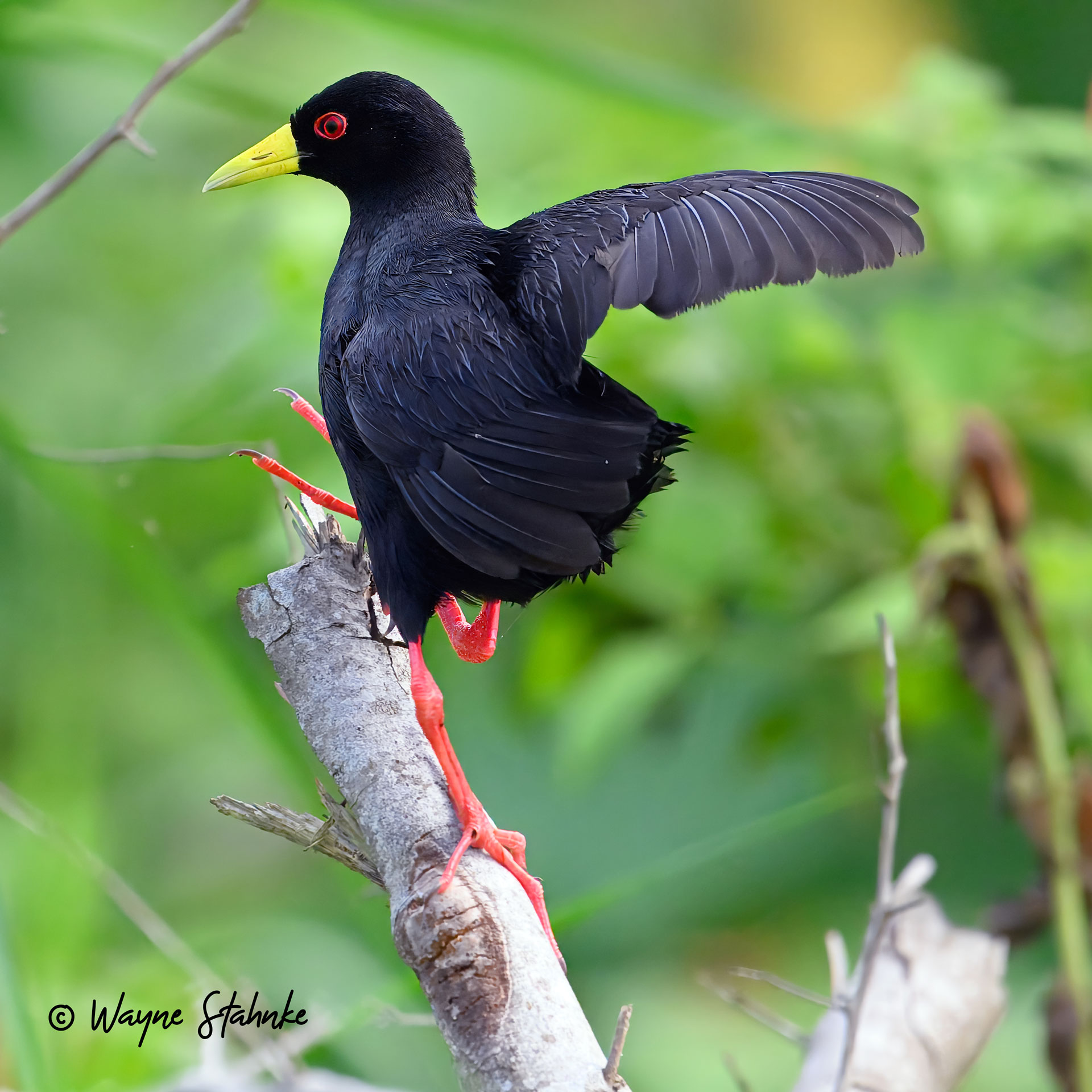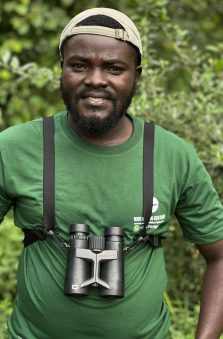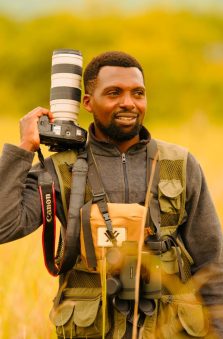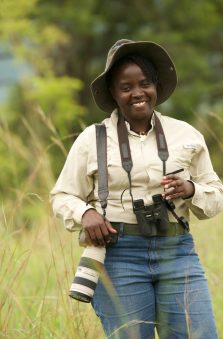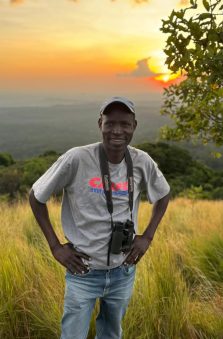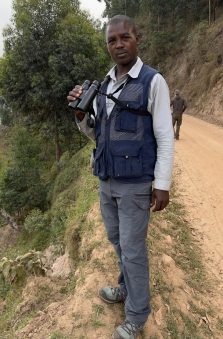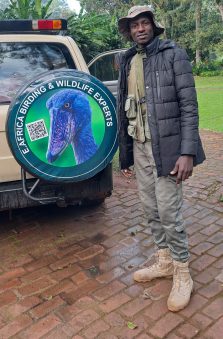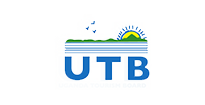East Africa Birding and Wildlife Safaris
Uganda Birding Tours
Welcome to the ultimate destination for Uganda birding tours! Embark on unforgettable tours and witness the incredible avian diversity that makes Uganda a true paradise for birdwatchers. Our expertly crafted safaris cater to all levels of enthusiasts, from seasoned twitchers to those new to the joys of birdwatching. Explore diverse habitats during the Uganda birding tours and encounter a breathtaking array of species found nowhere else on Earth.
Explore Uganda's Premier Birding Destinations
Uganda boasts a remarkable variety of ecosystems, each teeming with unique birdlife. Our Uganda bird safari packages take you to the most sought-after hotspots, ensuring exceptional sightings.
Bwindi Impenetrable National Park: Home to More Than Just Gorillas
While famous for gorillas, Bwindi is also a crucial destination for Uganda birding—Discover Albertine Rift endemics on our Uganda birding tours within Bwindi. The dense forests provide habitat for numerous rare species, making it a highlight of any Uganda bird safari. Join our specialized Uganda birding tours focusing on the unique avifauna of Bwindi.

Explore Our Top Uganda Tour Packages
Uganda Birding Tours
Important Birding Areas in Uganda
Uganda is a paradise for bird watchers, with over 1,000 bird species in different habitats. From wetlands and forests to savannahs and mountains, Uganda offers some of the best birding experiences in Africa. Popular birds include; Red-throated Alethe, Archer’s Robin-chat, Yellow-eyed Flycatcher, Chapin’s Flycatcher, Blue-headed Sunbird, Regal Sunbird, Rockeffeller’s Sunbird, Purple-breasted Sunbird, Strange Weaver, Dusky Crimson-wing, Red-collard Mountain Babbler, Chapin’s Mountain Babbler, Grauer’s Warbler, Neumann’s’ Warbler, Prigogine’s Greenbul, Black-faced Apalis, Collard Apalis, Stripe-breasted Tit, Grauer’s Cukooshrike, Red-Billed Helmet shrike, Ruwenzori Batis, African Green Broadbill, Dwarf Honeyguide, Prigogin’s Nght-jar, Albertine Owlet, Congo Bay-owl, Ruwenzori Turaco, Handsome Francolin and other birds.
Kibale National Park: Primate and Birding Paradise
Combine primate tracking with exceptional Uganda birding in Kibale National Park. This forest is a haven for numerous bird species, making it a key stop on many Uganda birding tours. Experience the thrill of encountering both chimpanzees and vibrant birdlife on our Uganda bird safari adventures.
Mabamba Bay Wetland
Seeking the Elusive Shoebill Stork
Join our dedicated shoebill stork tours in Uganda for a chance to spot this iconic bird. Our expert guides know the best locations for shoebill stork tours Uganda, ensuring a memorable experience.
Queen Elizabeth National Park: Savanna Birding Delights
Explore the diverse habitats of Queen Elizabeth National Park on our Uganda birding tours. From grasslands to wetlands, this park offers fantastic birding in Uganda. Expect to see a wide range of savanna and water birds on your Uganda bird safari here. Many Uganda birding tours include boat trips for exceptional water bird viewing.
Semuliki National Park: A Taste of Central Africa
Semuliki National Park is within the Albertine Rift, bounded to the northwest by the Semliki River, which runs along the Congolese border into Lake Albert, and to the east by the Fort Portal-Bundibugyo road.
This park offers a distinct birding experience in Uganda, with its different ecosystems. Our specialized Uganda birding itineraries often include this gem for avid birders. For amateur birders, Semliki is not only sure to throw up a clutch of “lifers”- it also offers a faint but real possibility of a brand-new East African record like Congo Serpent-Eagle, Grey-Throated Rail, and Black-Throated Coucal. Only 53 mammal species occur, and 11 species are seen nowhere else in Uganda, including Pygmy Antelope, Two Types of Flying Squirrels, and Six Types of Bats, though the patchy look of the existing checklist (no nocturnal primates or small carnivores and only one species of duiker) suggest that it is far from complete.
Explosive froth of thunderous falls as it funnels through just a 6m wide cleft!
Murchison Falls National Park: Birding Along the Nile
Experience fantastic Uganda birding along the Nile River in Murchison Falls National Park. Boat trips offer excellent opportunities to spot iconic species. Our Uganda birding tours here often combine wildlife viewing with exceptional avian encounters.
Travelers universally regard Murchison Falls as one of East Africa's most compelling national parks, with its spectacular waterfalls, prolific game, and outstanding lodges. It lies at the core of the greater Murchison Falls Conservation Area. It is famous for its world's mighty falls being transformed into an explosive froth of thunderous falls as it funnels through a narrow cleft (just 6m wide!) in the Rift Valley Escarpment, easily the most impressive site of its type in Africa.
Kidepo valley national park
Kidepo’s long bird checklist is made even more impressive by the relatively smaller size of the park and the fact that as many as 100 of the birds listed are either dry-country species, which within Uganda are particularly confined to kidepo, or else northern or eastern spp, which have been noted elsewhere only in the north of Murchison falls national park or mountain Elgon area. Raptors thrive in the region, with 56 species in total. Birdwatchers commonly observe species like the Dark Chanting Goshawk, Pygmy Falcon, Tawny Eagle, and Bateleur.
Kidepo and the wild! An unforgettable track of true African wilderness
Five primate species occur, including the localized Patas monkey. No other Ugandan national park hosts the Black-Backed Jackal, Bat-Eared Fox, Aardwolf, Cheetah, and Caracal. Twelve antelopes spp occur in this park, in which the Greater Kudu, Lesser Kudu, Guenther’s Dik-Dik, and Mountain Reedbuck are seen nowhere else in Uganda.
Lake Mburo National Park
Lake Mburo National Park is a great spot for birdwatching, especially for acacia-loving species. It has around 320 recorded bird species, making it ideal for seeing birds like the African Grey Hornbill, Red-Headed Weaver, Greater Blue-Eared Starling, Little Bee-Eater, and Southern Ground Hornbill.
The park's swamps are especially important for bird lovers, as they are home to six rare papyrus species, including the Papyrus Gonolek, Blue-Headed Coucal, and the highly localized White-Winged and Papyrus Yellow Warblers—found nowhere else in Uganda!
Lake Mburo National Park is home to various wildlife, from zebras and buffaloes to barbets and warblers. But the park's surroundings are just as fascinating. They are a stronghold for the impressive Ankole long-horned cattle, which are closely linked to the Bahima people of Ankole, who, like the Maasai, have a deep cultural connection to their livestock.
Ankole cattle come in different colors, from rusty yellow to black-and-white, but they are always recognizable by their long horns, short necks, and deep dewlaps. Visiting Lake Mburo offers incredible wildlife encounters and a chance to experience the rich culture of the Bahima people.
For specific interests, we offer specialized Uganda birding tours:
Seeking the Elusive Shoebill Stork (H4):
Join our dedicated shoebill stork tours Uganda for a chance to spot this iconic bird. Our expert guides know the best locations for shoebill stork tours Uganda, ensuring a memorable experience.
Albertine Rift Endemics Birding Tours
Explore the unique birdlife of the Albertine Rift with our specialized Albertine Rift endemics birding tours. Discover rare and beautiful species found only in this region on our Uganda birding tours.

Uganda travel tips
Uganda is an incredible destination with diverse landscapes, rich culture, and unique wildlife, making it a top travel spot for adventurers and nature lovers. Here are some travel tips to help you make the most of your visit to Uganda
Most travelers need a visa to enter Uganda, which can be obtained on arrival or online through the e-Visa system. Ensure that your passport is valid for at least 6 months after your intended date of arrival. Yellow Fever Vaccination: Uganda requires proof of yellow fever vaccination, so get vaccinated well in advance. Health Precautions: Malaria is prevalent in Uganda, so carry malaria prophylactics, use mosquito repellent, and sleep under a mosquito net.
Ugandan Shilling (UGX) is the local currency. While almost all lodges accept US dollars, it’s also best to carry some local shillings for some local transactions for example you need local currency in common markets and shops, e.g. buying souvenirs ATMs: Available in most cities and towns during your tour, but it’s a good idea to carry some cash especially if traveling to remote areas. Currency Exchange: Exchange your money at authorized exchange points to avoid being overcharged.
Travel Insurance: Ensure you have comprehensive travel insurance, especially for adventurous activities like gorilla trekking, Chimpanzee activity and other deemed tour travels because it may not be easy for most tour service providers to offer a refund.
Local Safety: Uganda is generally safe, but it's recommended to avoid walking alone at dark, especially in cities. Keep an eye on your valuables and respect your tour leader/guide’s advice.
Wildlife Safety: When trekking, follow your guide’s instructions carefully. Wildlife such as gorillas, elephants, and buffaloes can be unpredictable. It’s always advisable not to feed animals, leave a distance of at least 20meters away from an animal, follow your guide’s instructions very well
Water: Avoid tap water. Drink bottled and sealed water to prevent waterborne illnesses.
Medical Kit: Pack a small first aid kit including pain relievers, anti-diarrheal tablets, hand sanitizers, and insect repellent.
Medical Facilities: good hospitals are in the major cities like Kampala, but remote areas may have limited medical facilities, so consider carrying basic medical supplies.
English is the official language, but Uganda is multilingual with over 30 different languages, and many people speak those local languages depending on their clans and ethnics. However, all lodges and guides will always speak with you in English or help you to interpret what other local people will say in their local languages. Local Phrases: Learning a few words in the local languages (like “Oli otya?” or “Agandi” for “How are you?”) can be appreciated.
Respect Local Customs: Ugandans are warm and friendly, but it’s important to dress modestly, especially in rural areas. In churches and other religious places, it’s polite to cover your shoulders and knees.
Greetings: A handshake is a common greeting. It’s polite to ask about someone’s well-being before diving into business or conversation.
Tipping: Tipping is appreciated in Uganda. Guides, site gudes, hotel staff, and restaurant workers usually expect a small tip (at least give something like 5 or 10 USD equivalent to someone who has helped you during your day tour).
Weather: Uganda has a tropical climate, so pack light clothing for the day and a jacket for cooler evenings. Rain is common during the wet season (March to May, and October to November but can rain anytime of the day regardless of the season), so pack waterproof clothing and shoes.
Comfortable Footwear: Bring sturdy walking shoes or boots for hiking and trekking. You’ll also need sandals or flip-flops for casual wear. Camouflaging wear during the tour is recommended and avoid shouting colors like red, pick, pure white to avoid inconveniencing wildlife.
Sun Protection: Bring sunscreen, sunglasses, and a hat to protect yourself from the sun.
SIM Cards: You can buy a local SIM card from providers like MTN, or Airtel, for affordable data and calls. Make sure your phone is unlocked before you arrive.
Internet: Wi-Fi is available in many hotels and cafes, but expect slower speeds in rural areas.
Eco-friendly Travel: Respect Uganda's natural resources by minimizing plastic use, recycling where possible, and supporting eco-friendly initiatives.
Wildlife Conservation: Support ethical wildlife tours that prioritize conservation and responsible tourism practices.
Uganda offers a broad spectrum of accommodation options, ranging from budget hostels to luxury resorts, catering to all types of travelers.
1. Budget Accommodation: Guesthouses: These are affordable, locally run accommodations often offering basic but clean rooms. Guesthouses are common in cities like Kampala, Entebbe, and in smaller towns. Hostels: For young backpackers and budget-conscious travelers, there are several hostels, particularly in Kampala and Jinja. These offer dorm rooms, shared facilities, and are a great place to meet other travelers. Camping: Many national parks in Uganda, such as Murchison Falls, Queen Elizabeth, and Bwindi Impenetrable
Forest, have designated camping areas. Some offer tent rentals, while others are suitable for self-camping.
2. Mid-Range Accommodation: Hotels and Lodges: Mid-range hotels and lodges provide a more comfortable stay with private rooms, en-suite bathrooms, and meals. Many lodges are located in or near national parks, offering a rustic yet comfortable experience in nature. B&Bs: Bed and breakfasts are common in both urban and rural areas and offer a cozy, homely environment. Airbnb: If you're looking for something more unique, Airbnb options such as private apartments or homes are available in cities like Kampala and Entebbe.
3. Luxury Accommodation: High-End Hotels and Resorts: In Kampala, Entebbe, and around national parks, you’ll find luxury hotels offering top-notch service, spa facilities, pools, and fine dining. Popular examples include Kampala Serena Hotel, Speke Resort Munyonyo, and Lake Victoria Serena Golf Resort & Spa. Luxury Safari Lodges: In national parks like Bwindi, Murchison Falls, and Queen Elizabeth, luxury lodges offer private chalets, guided tours, and exclusive experiences. Some famous options include Buhoma Lodge (near Bwindi), Paraa Safari Lodge (Murchison Falls), and Mweya Safari Lodge (Queen Elizabeth).
In Uganda, the standard voltage is 240 V, and the frequency is 50 Hz. For tourists, it's important to note that the power plugs and sockets used in Uganda are of type G. This is the same plug type used in the UK, with three rectangular prongs in a triangular pattern. If your devices use a different plug type (like type A, B, C, or others), you will need a plug adapter. Additionally, if your devices are not compatible with 240 V (e.g., they are rated for 110 V), you may also need a voltage converter or transformer. Always check your electronics' voltage specifications before plugging them into the outlets in Uganda to avoid any damage to your devices.
Conclusion: By preparing in advance, respecting local cultures, and prioritizing safety, you can enjoy a truly rewarding and unforgettable experience in Uganda.

Book Your Uganda Birding Adventure
Ready to experience the incredible birding in Uganda? Book a Uganda birding tour with us today! Explore our various Uganda birding tour packages and find the perfect itinerary for your interests and budget. Contact us for a custom itinerary.
Why Choose Us for Your Uganda Birding Tour?
We offer expertly crafted Uganda birding tours, experienced local guides for your Uganda bird safari, and unforgettable experiences in the best Uganda birding hotspots. Discover the magic of birding in Uganda with us!
Key Takeaways:
- Uganda birding tours offer unparalleled avian diversity.
- Explore diverse habitats on a Uganda bird safari.
- Discover the best time for bird watching in Uganda for optimal viewing.
- Book Uganda birding tour packages tailored to your interests.
- Our guided birding tours Uganda ensure an enriching experience.
We're thrilled to have this amazing testimonial from Mr Jonathan and Bennett Nikkila (United States), who just returned from their unforgettable Uganda and Rwanda birding adventure with one of our most regarded bird guides, "Davis"
WIDE BIRDING ECO TOURS
The Unflappable Team
Birding Tours in Africa: Our team of highly skilled safari specialists serves as our local tour guides based throughout the East African region. We work with well-trained and experienced guides who are not only authentic and professional but also bring a passionate touch to your safari.
© 2025 Wide Birding Eco Tours. All Rights Reserved | Brand By Robylinks Solutions
